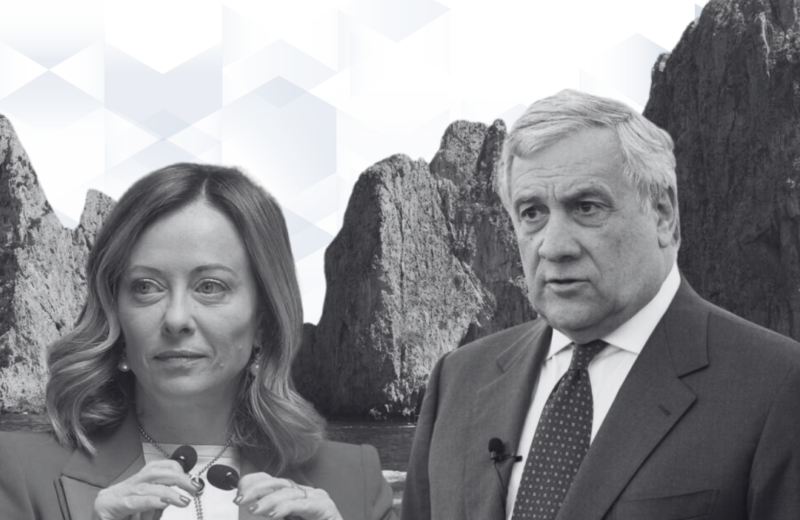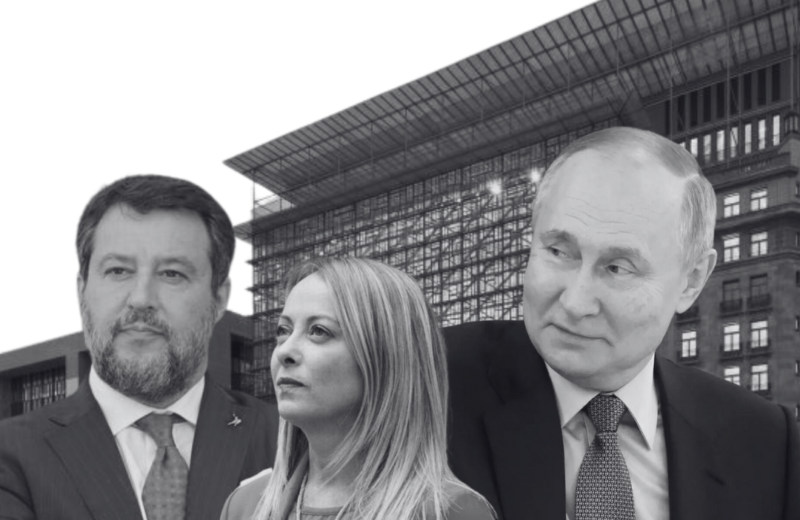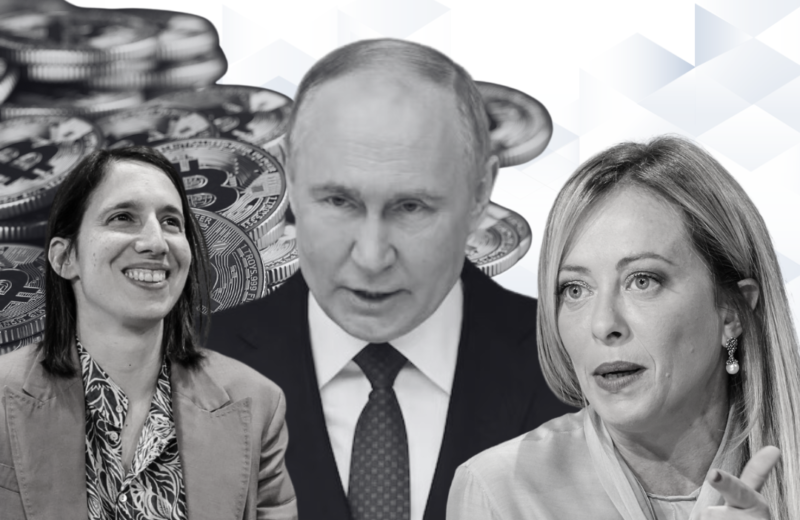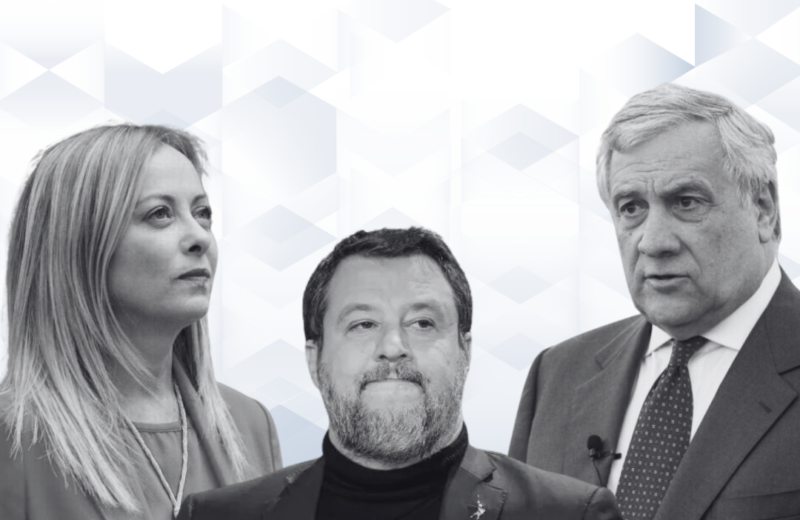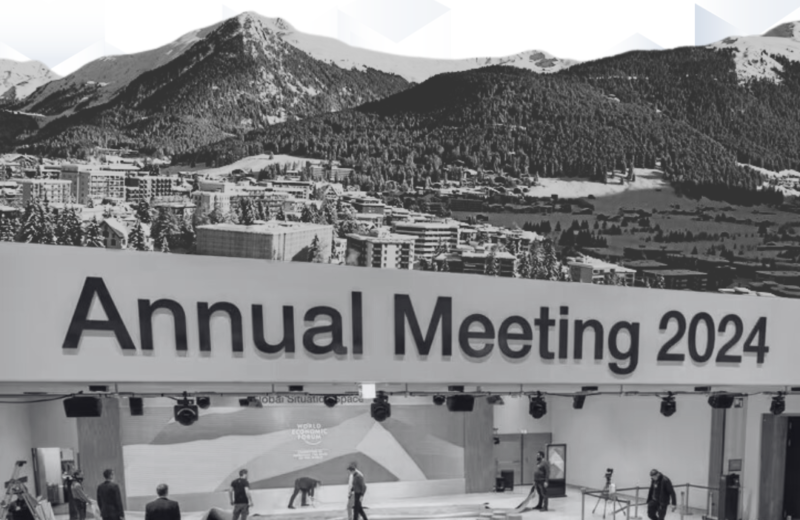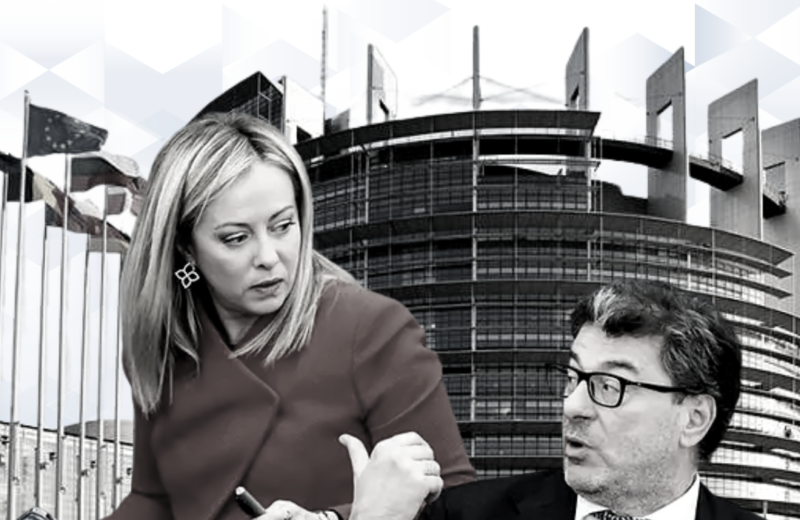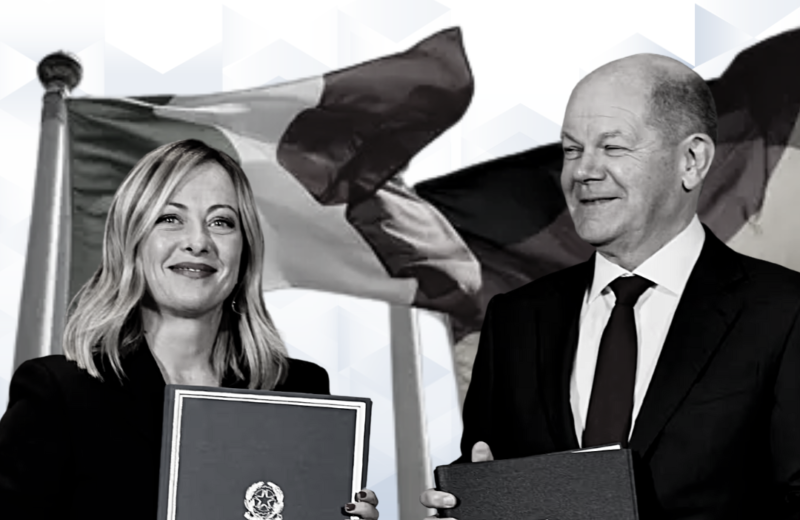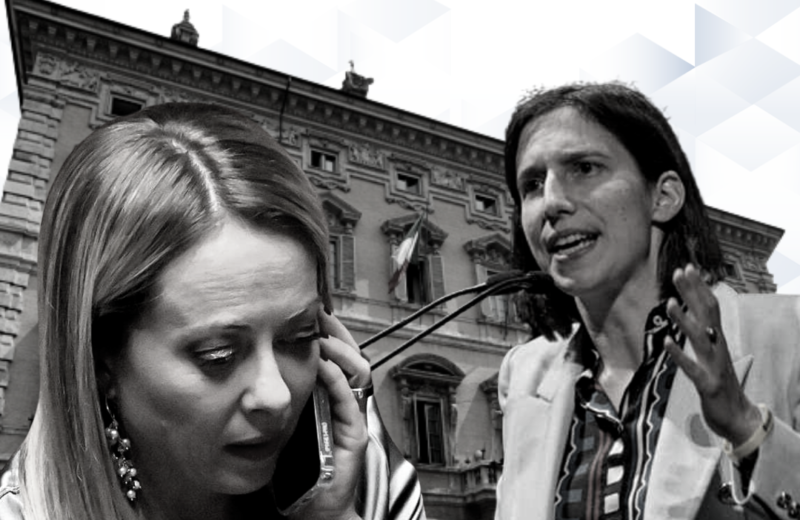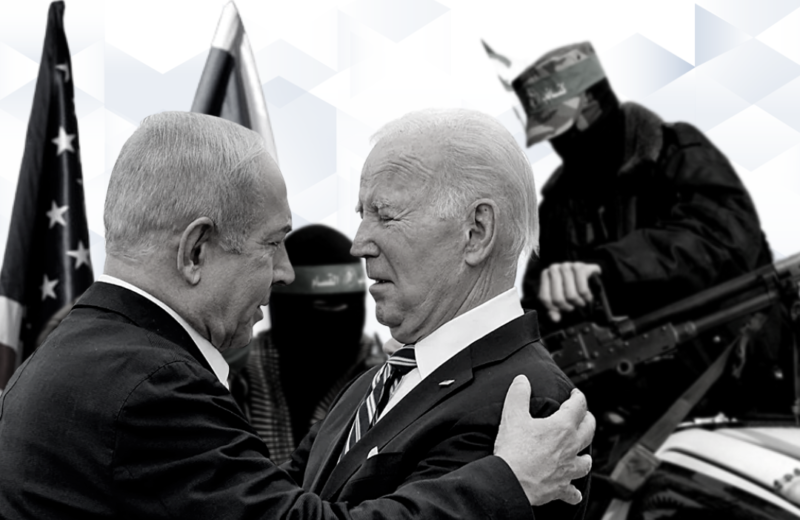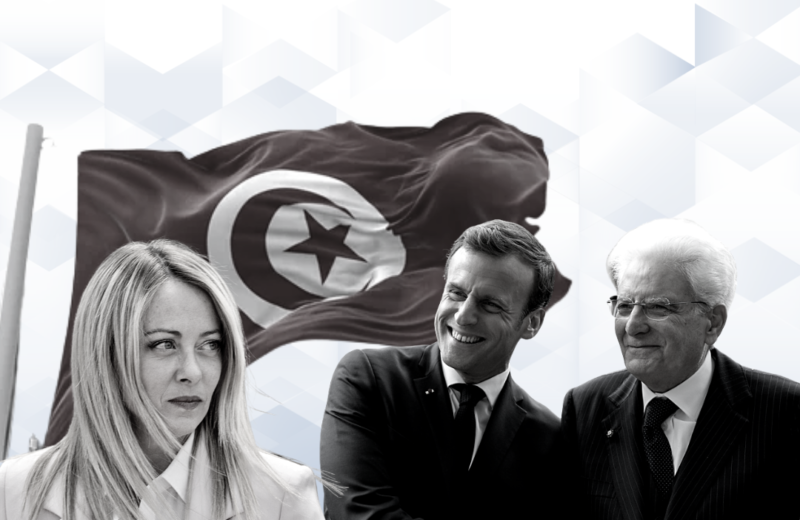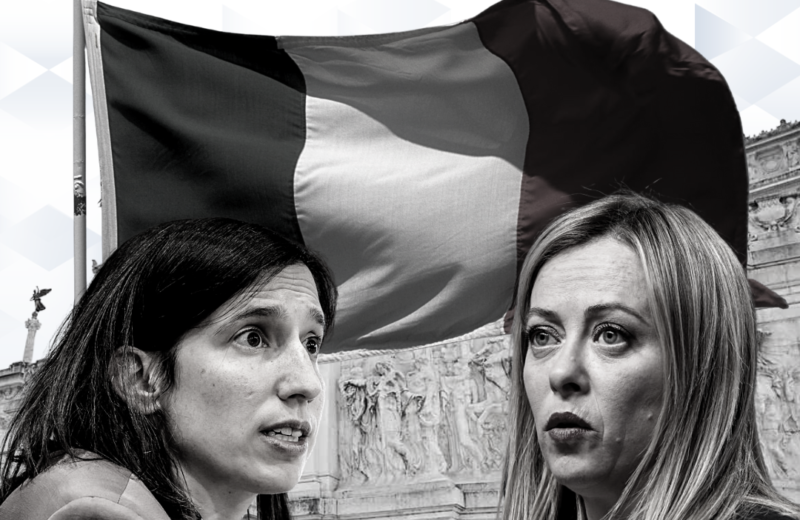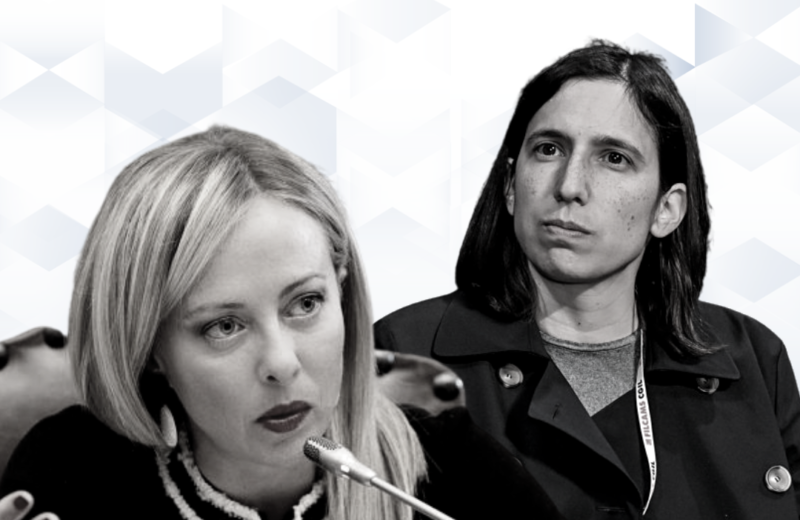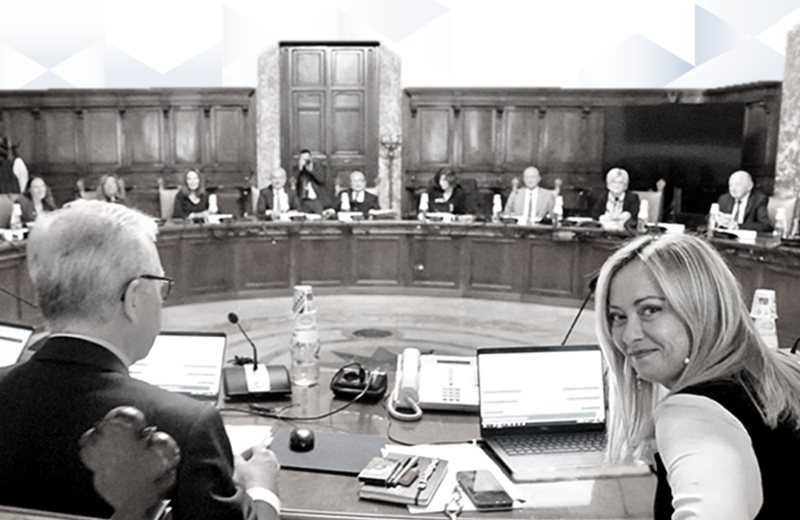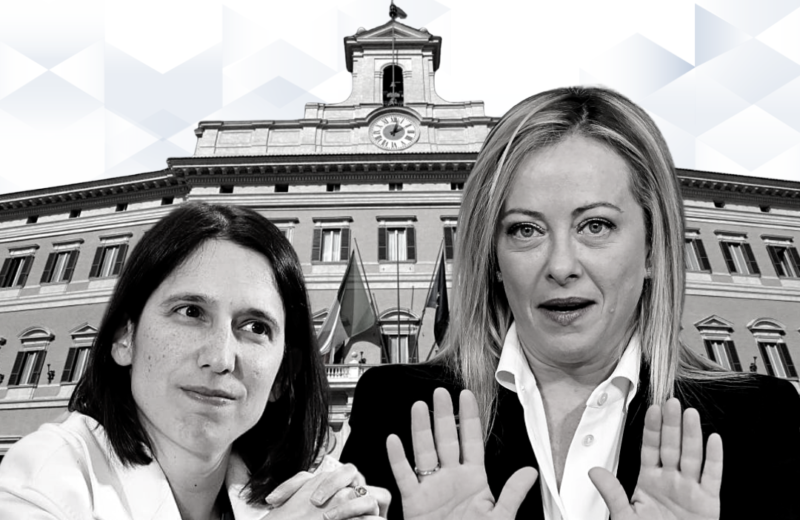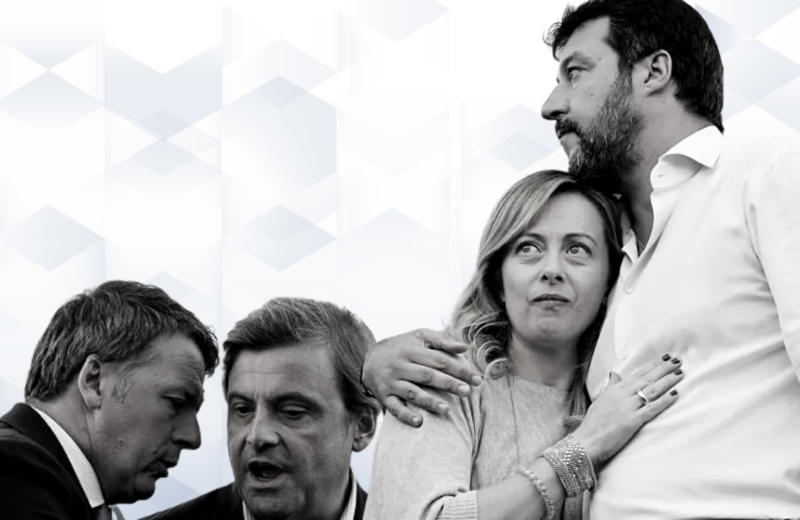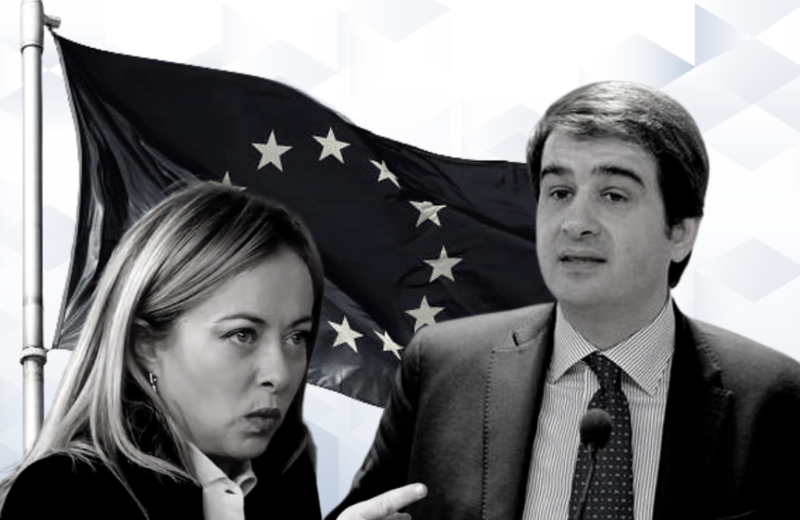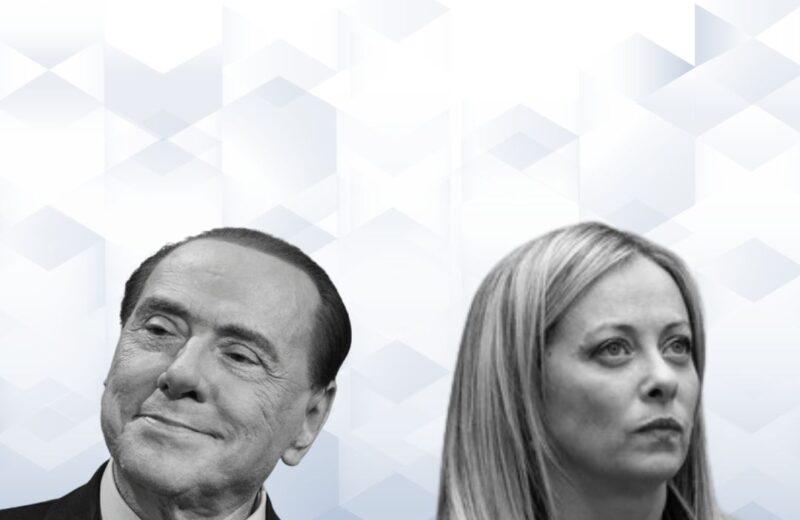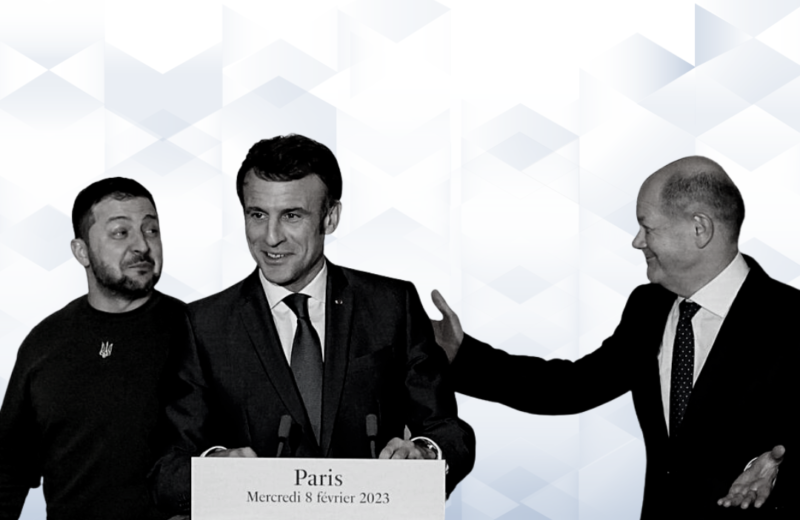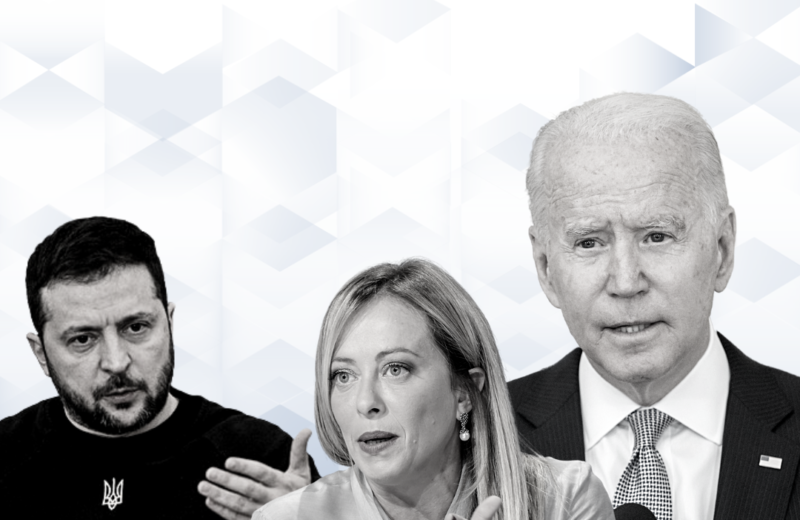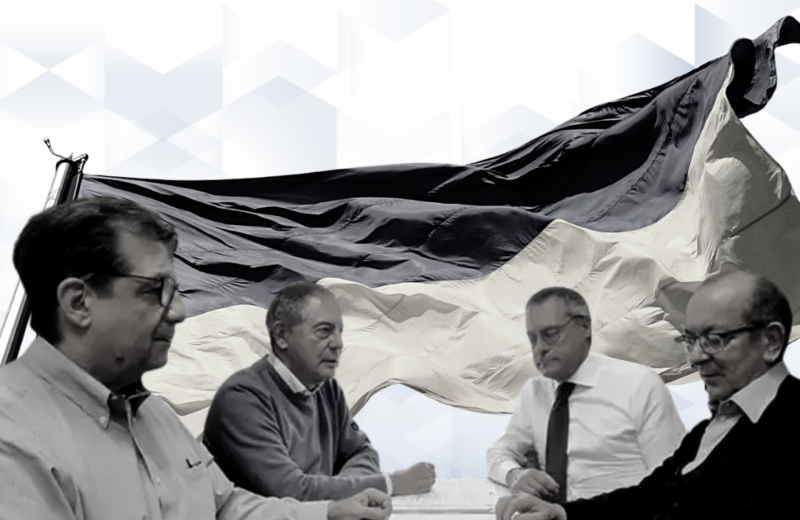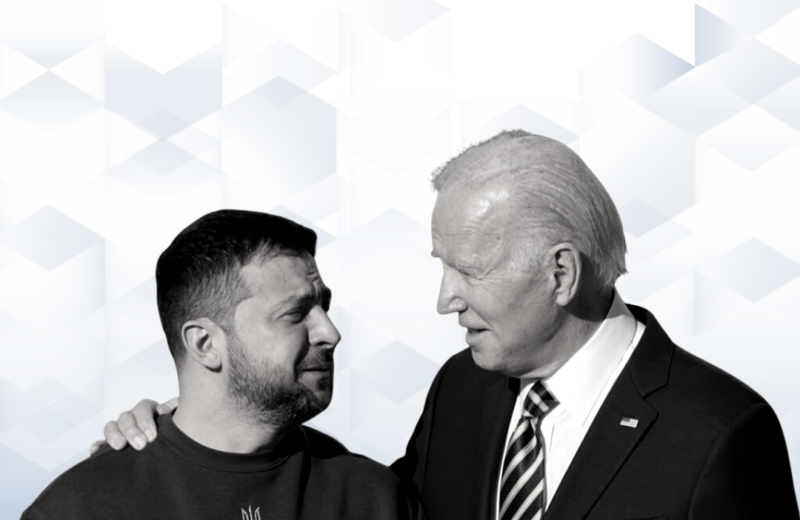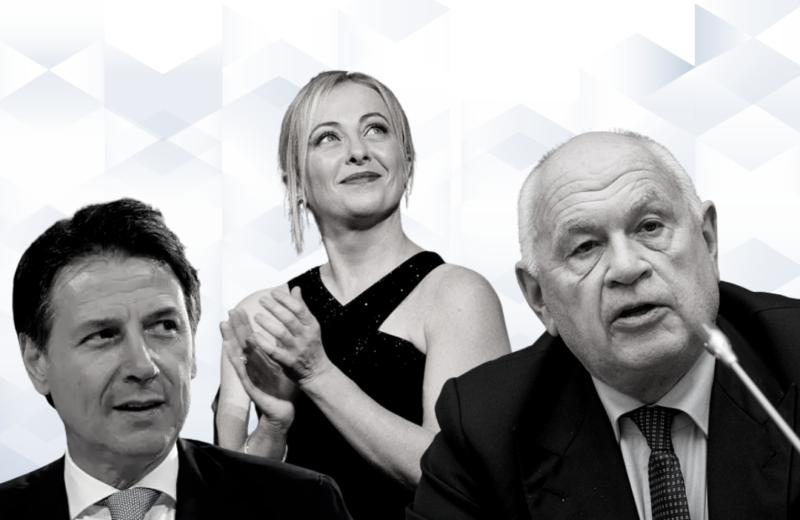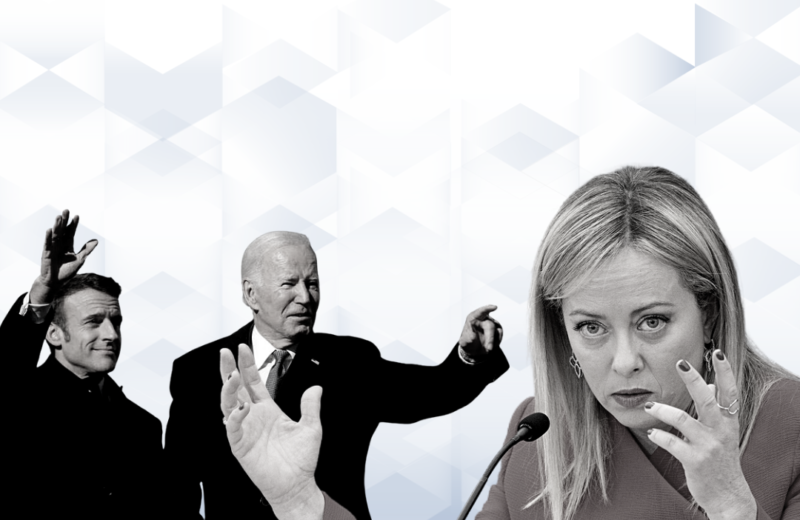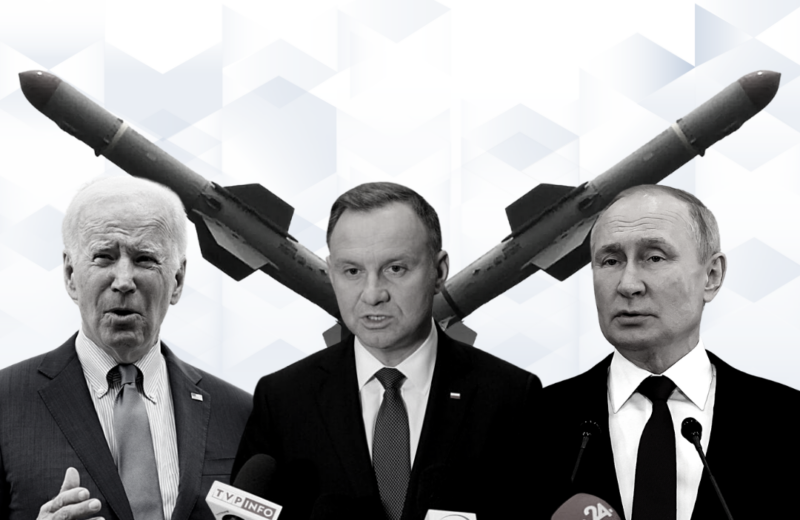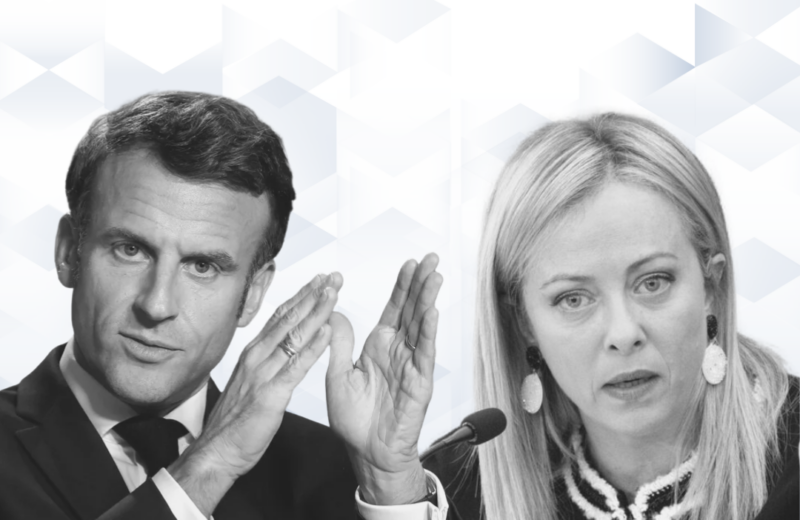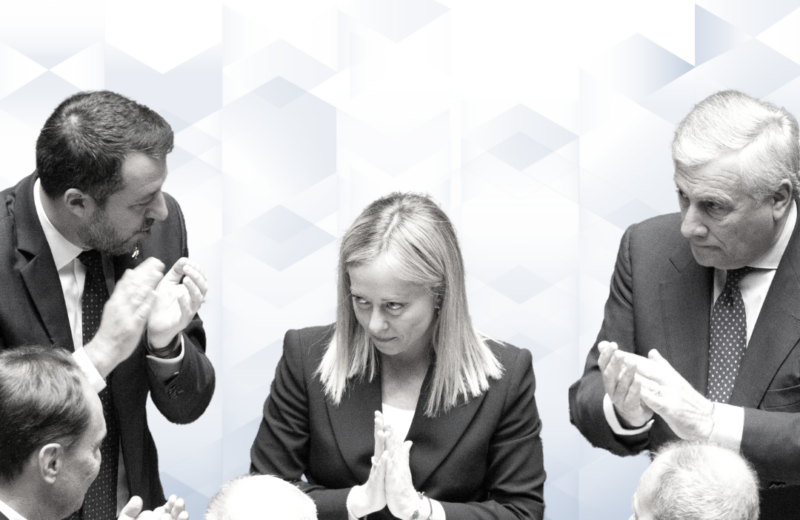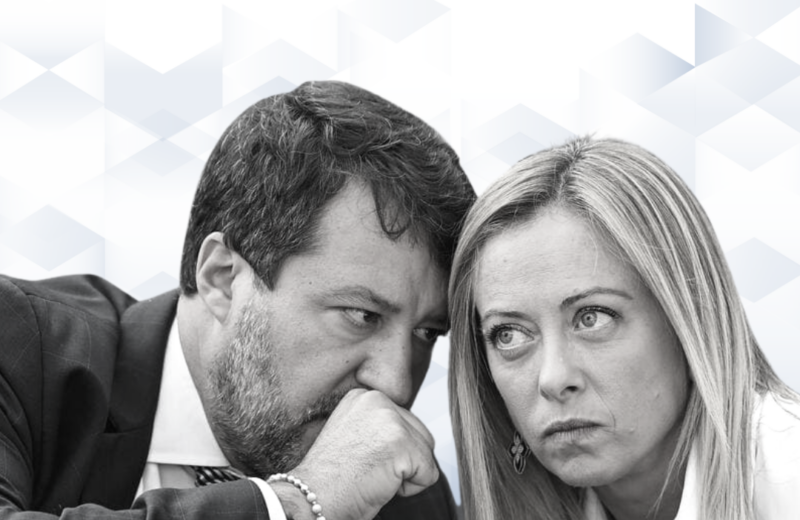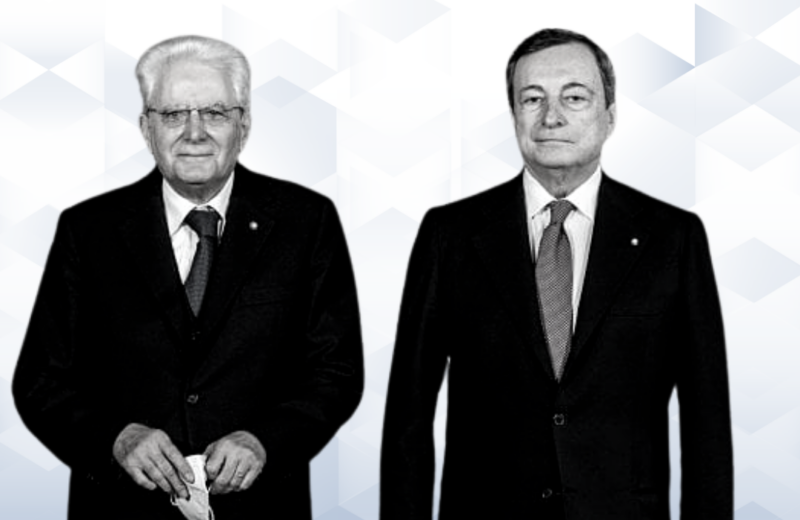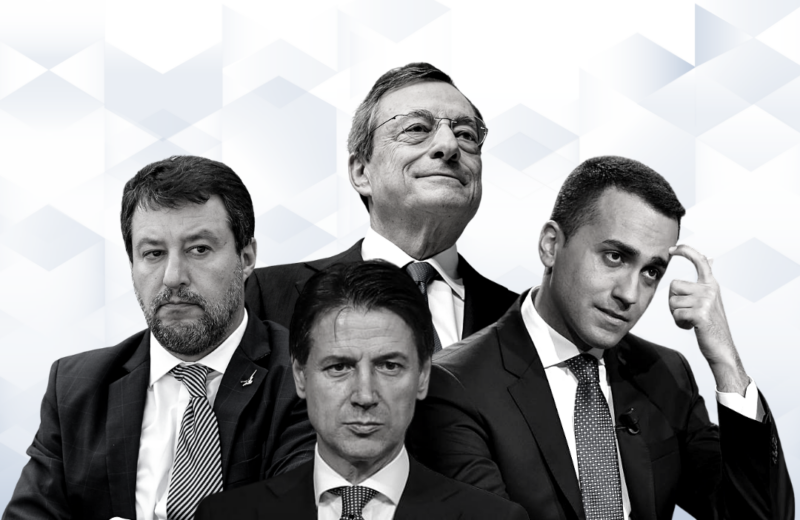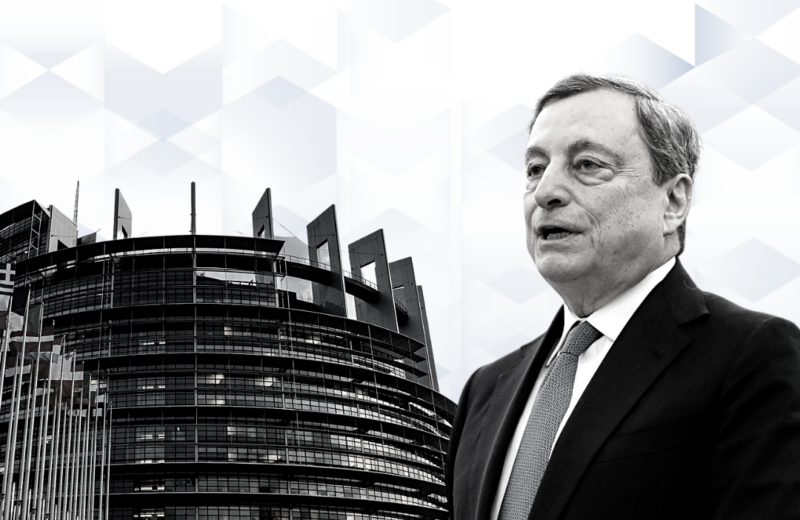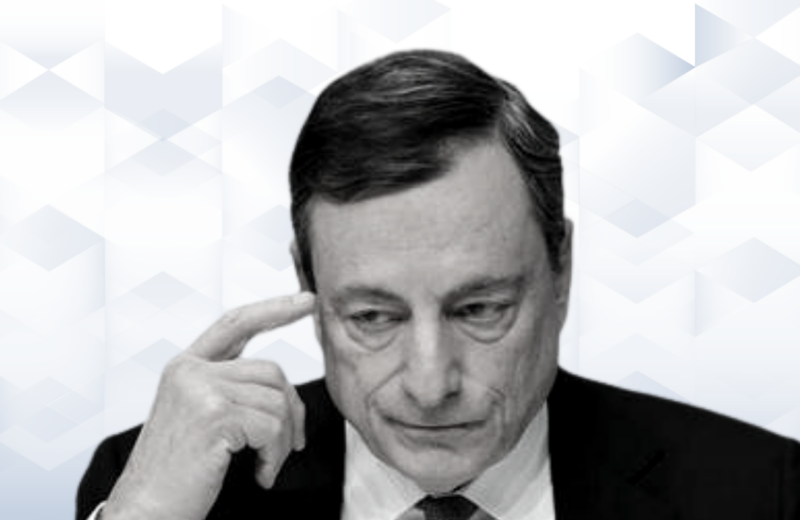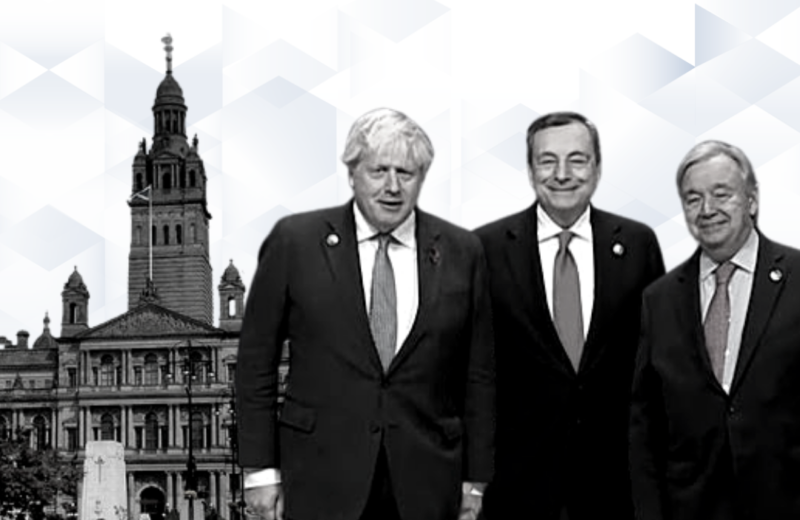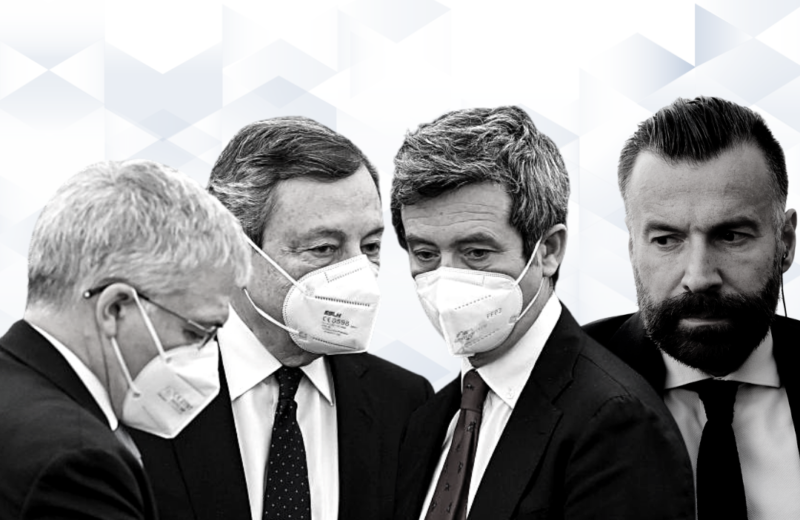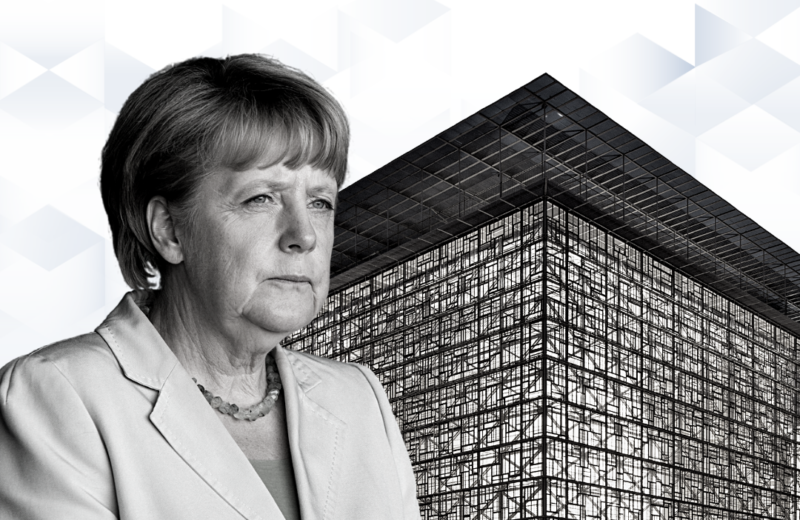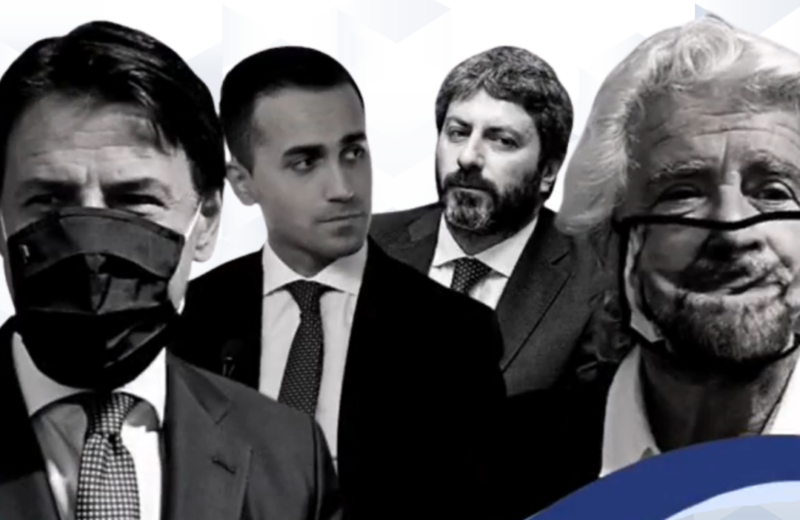The increase in military spending and tensions in the majority
In the week of his reconfirmation as President of the Movimento 5 stelle (M5s) with 94% of preferences from the party members, Giuseppe Conte has faced the tough confrontation that has opened with Prime Minister Mario Draghi regarding resources on Defense. On several occasions, the M5s has declared itself opposed to increasing military spending to 2% of GDP, making the issue a political battle of its own. On the other hand, the Prime Minister has also been firm in wanting to adopt this measure in compliance with the agreements made with NATO in 2014.
The clash of positions on the issue has generated a tense debate within the Government majority that has led to a stalemate. Moreover, while Democratic Party secretary Enrico Letta has shown his concern for the escalation of tension, Italia Viva leader Matteo Renzi has accused Conte of exploiting the military topic to get more votes. The level of tones over the course of the week has risen to the point where there are fears for the stability of the majority, at a time that is so delicate both nationally and internationally, between the conflict in Ukraine and the drastic increase in energy prices.
Encouraged also by the support received from the President of the Republic Sergio Mattarella on the issue, Draghi declared that the questioning of the measure would have meant “the failure of the majority pact” and armored with confidence the Ukraine decree-law in the Senate that was approved on Thursday with 214 votes in favor, including those of the Pentastellati, 35 against and no abstainers. Draghi’s ultimatum has in fact sent a strong message to the entire coalition Government but especially to M5s, managing to stimulate the achievement of an agreement: thanks to the intervention of the Minister of Defense Lorenzo Guerini it was established that the adjustment of investment on military spending will take place more gradually, by 2028 and no longer by 2024.
Despite the newfound understanding and the consequent lowering of tension, the controversy between M5s and Palazzo Chigi does not seem destined to subside, as there are contrasting reconstructions of the process that led to the agreement. The M5s underlined in a note how “the turnaround” of the Government is the result of their determination, while Draghi denied the existence of a mediation speaking rather of a “confirmation of a work already started” by the Minister of Defense Guerini who had always foreseen 2028 as the time horizon of reference. Neither side seems willing to attribute to the other the merits of this result, not wanting to pass the agreement as their own defeat.
Moreover, although the Government majority seems to have recompacted itself, as confirmed by the results of the vote of confidence in the Senate, it seems clear that the major obstacle to overcome will be the approval of the Economic and Financial Document (DEF), expected on the table of Palazzo Chigi between April 5 and 6, when it will be necessary to move from declarations to facts.
